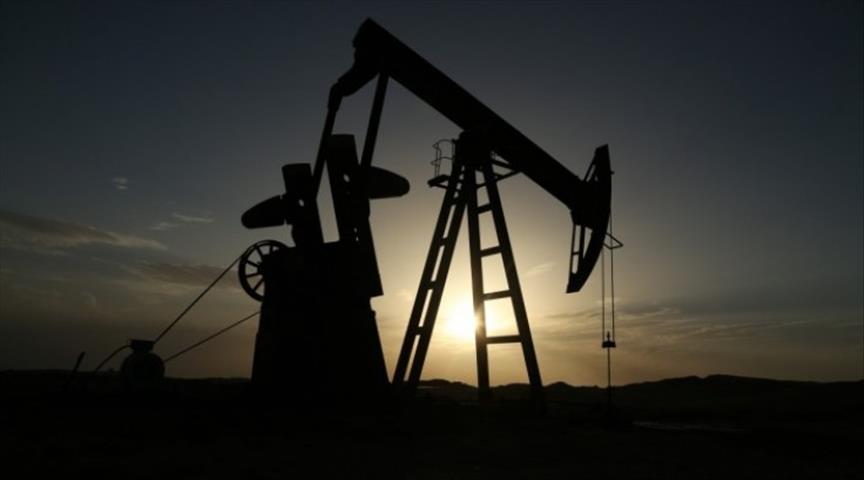The U.K. government's approval of a horizontal fracking project in a rural site in Lancashire, in northern England by Cuadrilla stirred mixed reactions from industry players on Thursday.
The company Cuadrilla was granted a shale exploration license in 2007 but in 2011 shale drilling was stopped. This is the first time in over five years that the company will be allowed to drill deep underground.
Cuadrilla plans to begin fracking for shale gas at the end of 2017.
"The knock-on effects of a shale gas revolution could be significant: cheaper energy could make U.K. manufacturing more competitive, gas and electricity bills could fall and the rising trend in fuel poverty could be reversed," the Global Warming Policy Foundation said.
“Britain may be sitting on a huge gold mine of cheap, abundant and comparatively clean energy that could supply the U.K.’s energy needs for a century or more. It’s high time to find out how much there is,” Global Warming Policy Foundation Director Benny Peiser added.
Ken Cronin, chief executive of industry body U.K. Onshore Oil and Gas, hailed the approval as being "an important step forward towards determining what gas resources we have under our feet, with the aim of developing a sustainable onshore natural gas exploration industry in the U.K."
Opposing shale gas exploration due to its environmental consequences, Emma Pinchbeck, head of climate change and energy at World Wildlife Fund U.K. (WWF-UK) said that the government's priority should be to focus more on "the development and implementation of clean renewable energy sources, rather than fossil fuels that will impact on our ability to tackle climate change."
However, others chose to approach the decision more cautiously.
"The economics of shale extraction in the U.K. are still highly uncertain, and it is not known whether shale production will deliver gas cheaper than that currently used by U.K. consumers," Jim Watson, director of the U.K. Energy Research Centre said while not expressing outright support or opposition for the development.
Watson believes a significant amount of exploratory drilling needs to take place before the costs of U.K. shale is clear.
All fracking activities were stopped in the country in 2011 after a project in northwest England caused two minor earthquakes. The government chose to lift the ban a year later saying experts believed it only needed stricter monitoring.
By Zeynep Beyza Kilic
Anadolu Agency
zeynep.karabay@aa.com.tr


